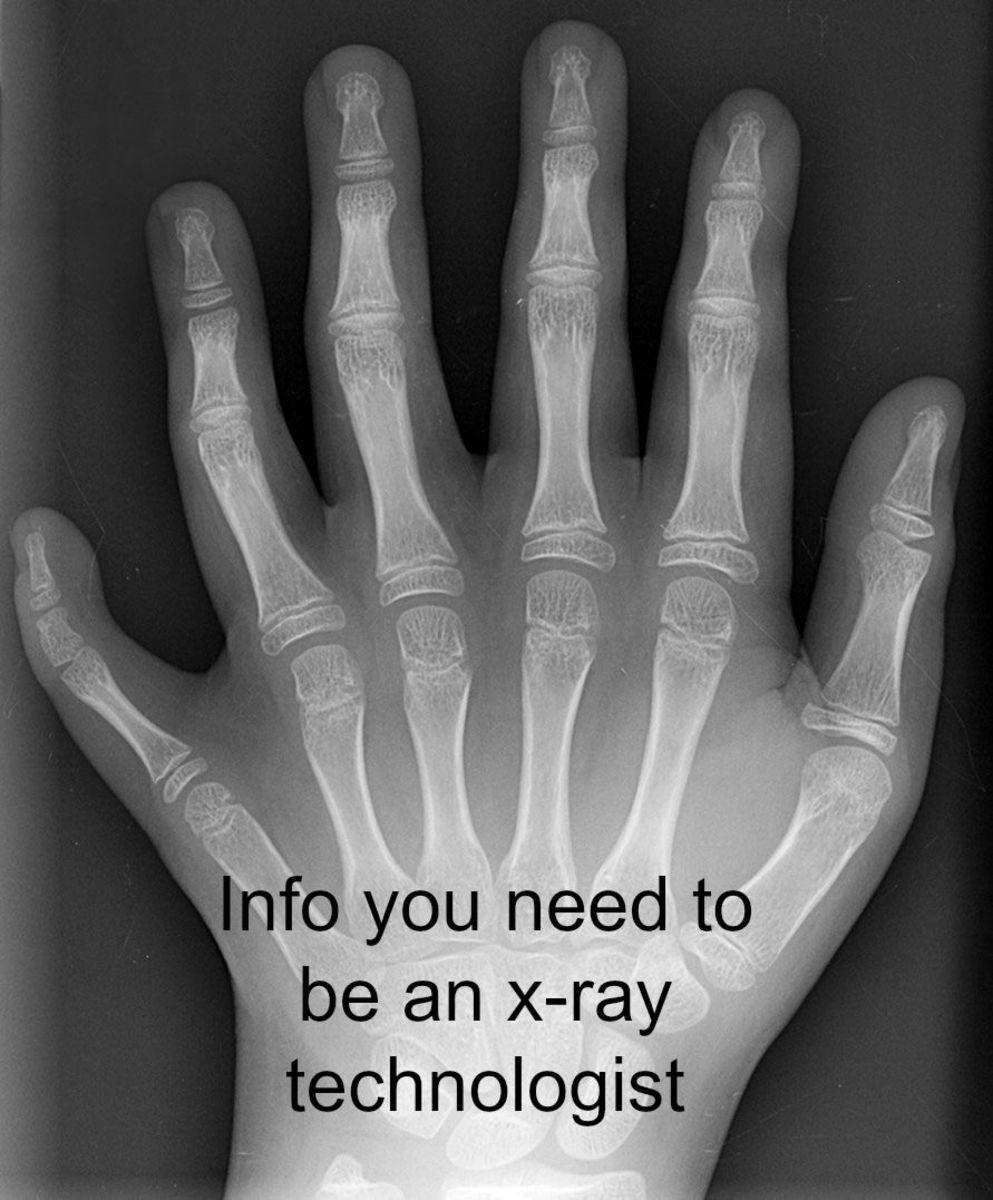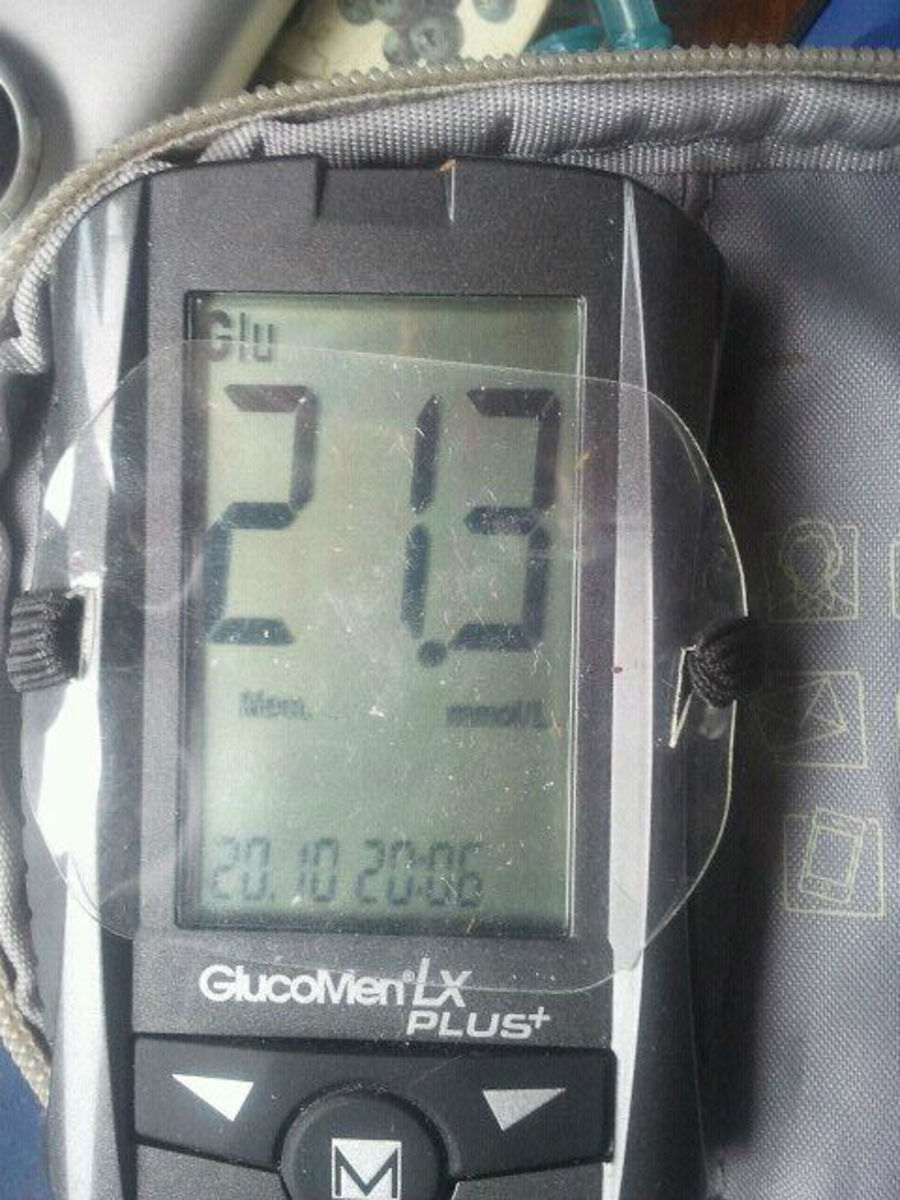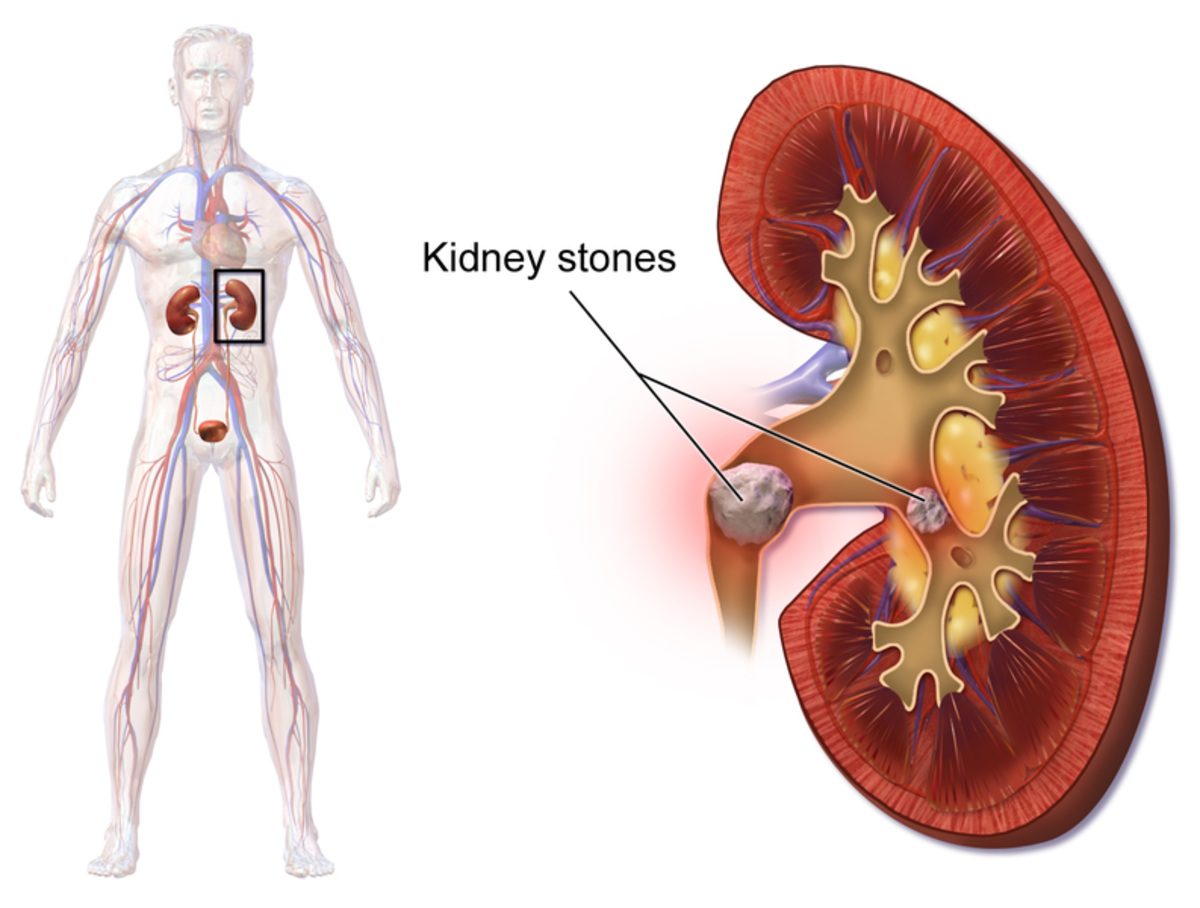A Career as a Medical Technologist: A Behind the Scenes Look at Laboratory Professionals.
A Career in Laboratory Science and Medical Technology: Everything you need to know.
I started my career as a medical technologist almost 12 years ago now. When I was in college pursuing a major in biology, I had no idea what I was going to do with my degree. Lucky for me, my advisor mentioned the field of medical technology to me. I had no idea what this career involved, so the next semester I decided to take a course in microbiology and one in immunology in the hopes that I might direct my energy toward a more focused goal. I absolutely loved both courses, and changed my major from a B.S. in Biology to a B.S. in Medical Technology. I spent 3 years at the University, and my final year doing a medical technology internship at a hospital. The internship involved rotations in all areas of the laboratory, and prepared me to start working immediately after graduation.
Though I went to school for 4 years to receive a Bachelor of Science, there are also 2 year programs that can certify a person as a medical laboratory technician. This is best for those who have a more urgent need to complete their education and get into the workforce. It is always possible to get that 4 year degree at a later time or by going to school part-time after entering the workforce.
Well, now I bet you are wondering what medical technologists do. To answer that question, I am going to take you on a tour of the different areas of the laboratory, and what each department specializes in. Every medical technologist is trained to work in every area of the laboratory, but often times they specialize in one or two areas during their career.
THE MICROBIOLOGY LABORATORY
Medical technologists that work in the microbiology laboratory investigate the causes of infectious diseases. They look for bacteria, viruses, fungi, and parasites in different types of specimens. Diseases like MRSA, influenza, urinary tract infections, and bacterial pneumonia are generally diagnosed based on the work performed in this area of the laboratory. These laboratory professionals must be familiar with thousands of different types of microorganisms and their growth requirements. They must know some of the chemical and physical properties that these organisms possess to be able to quickly and efficiently provide accurate information to the physician. Many highly contagious and fatal diseases, such as meningitis and tuberculosis are discovered in this laboratory, and every second counts when the patient's life and the lives of others may be in danger.
It is also the microbiology department that tests different drugs to make sure that the infection will be eliminated after treatment. Physicians rely heavily on the data that is supplied by the microbiology technologists to properly treat patients with these kinds of infections due to the growing number of organisms that are becoming resistant to the medications normally used to treat them.
Books on MRSA: One of Today's Biggest Microbiology Headaches
Funny Microbiology Video
Biology majors: Do you know what you are going to do with your degree when you graduate?
Moving on to the next area of the lab:
THE BLOOD BANK LABORATORY
This is the area of the laboratory that deals with transfusion medicine. Blood transfusions save millions of lives every year. Trauma victims, people with blood disorders like anemia, and people undergoing surgery would never survive without the dedication of the blood bank technologists. These laboratory staff members work under fast paced and stressful conditions to make sure that the blood products patients receive are free from disease and of the appropriate blood type so as not to cause any adverse transfusion reactions.
Due to the many surface antigens on human red blood cells, compatible blood is essential for survival of the patient. Blood bank technologists perform what is called a cross-match to make sure that any blood product being given to a patient will not be destroyed nor kill the patient. The identification of compatibility issues is a tedious, investigative procedure that is not always clear cut. People who have had previous transfusions and women who have had children often have pre-formed antibodies, complicating the investigation even further.
Believe it or not, every unit of blood donated can save multiple lives because different parts of the blood can be separated to provide exactly what the patient needs. Someone who is anemic may just need the red blood cells, while someone with clotting difficulties may just need the platelets. The blood bank technologist helps to ensure the safety of all of the blood products. Though many reports of patient death have been reported in the news over the years, these situations are very rare. Without these important laboratory professionals, thousands of lives would be lost unnecessarily.
Does a career in Medical Technology sound interesting to you?
THE HEMATOLOGY LABORATORY
Hematology technologists focus on blood components at the cellular level. They use automated equipment and microscopy to determine if a patient has any abnormalities in blood cell production. Leukemia, lymphoma, anemia, sickle cell disease, and infectious processes are only a few of the illnesses that doctors rely on the hematology laboratory for definitive diagnosis.
The hematology staff must be familiar with both the normal and abnormal morphology of red blood cells, white blood cells, and platelets. Even the slightest change in appearance or number of these cells can give a physician critical information needed to treat a patient. These highly skilled individuals sit for hours in front of a microscope with the tedious task of counting and viewing cells, looking for any characteristic that may aid in disease diagnosis.
THE URINALYSIS LABORATORY
Medical technologists working in the urinalysis laboratory examine patient's urine for clinical abnormalities of many diseases and illnesses. They measure glucose and ketone levels to determine if someone is diabetic. They measure leukocyte esterase and nitrates to look for possible urinary tract infections. They determine the specific gravity of the urine which can tell the physician if the patient is dehydrated. Patients with kidney diseases will also pass abnormal materials into the urine. Large levels of protein or blood are often found with certain kidney disorders.
Urinalysis technologists will also look at the urine microscopically to visualize abnormal cells or bacterial levels. They can determine abnormal colors and odors that are present when a patient has certain genetic disorders. All of these factors in conjunction with one another can give clinicians a multitude of clues toward a diagnosis.
THE COAGULATION LABORATORY
The coagulation technologist's main focus is to determine if a patient's blood is clotting correctly. An intricate pathway of many different factors is required for blood to clot, and there are many genetic and acquired disorders that can cause a disruption of this pathway. People with hemophilia can't clot because they are missing part of this pathway. A diet that lacks the appropriate amount of Vitamin K can also lead to bleeding disorders. It is the responsibility of the technologists in the coagulation laboratory to determine why the patient's blood is not clotting so that the physician can correctly diagnose the problem. Some clotting diseases are treatable and others not, so it is very important to determine that exact element that the patient is missing.
Bleeding disorders are not the only thing the coagulation laboratory looks for. They are also responsible for determining if a patient clots to quickly. A high propensity for clotting can put a person at risk of death due to the clot lodging in the lungs (pulmonary embolism) or brain. Once formed clots can travel through the bloodstream to other areas of the body, and eventually block or slow blood flow to essential organs. Once a person is recognized as having a high risk of clotting by the coagulation laboratory, physicians can put the person on anti-coagulants like heparin or coumadin to help prevent death.
THE CHEMISTRY LABORATORY
The medical technologist working in the chemistry laboratory looks for the largest number of different analytes present in human blood. They must know what levels are normal, and what levels are indicative of disease. They perform electrolyte levels, liver enzyme levels, thyroid hormone levels, sugar levels, and thousands of other tests to help give the physician more clues to the patients diagnosis. The chemistry area is highly automated, and large instruments perform a lot of the testing. The chemistry technologist is responsible for making sure that the instruments are functioning properly by performing calibrations and quality control. The automated equipment may ultimately deliver the laboratory values, but it is the technologist that is responsible for making sure that those values are accurate. Due to the high volume of testing that is performed in the chemistry area, these technologists must have excellent organizational skills, and be able to multi-task. Their knowledge is extensive regarding the interactions of many hormones, drugs, electrolytes, enzymes, etc. in the human body.
Medical Technology Links
- Clinical Laboratory Science Internet Resources
Clinical Laboratory Science Internet Resources Web site is a meta collection of annotated links covering the clinical laboratory sciences and laboratory medicine field and is an online resource to laboratory professionals and students. - http://www.associatedcontent.com/article/1082789/a_career_as_a_laboratory_professional.html?cat=5











